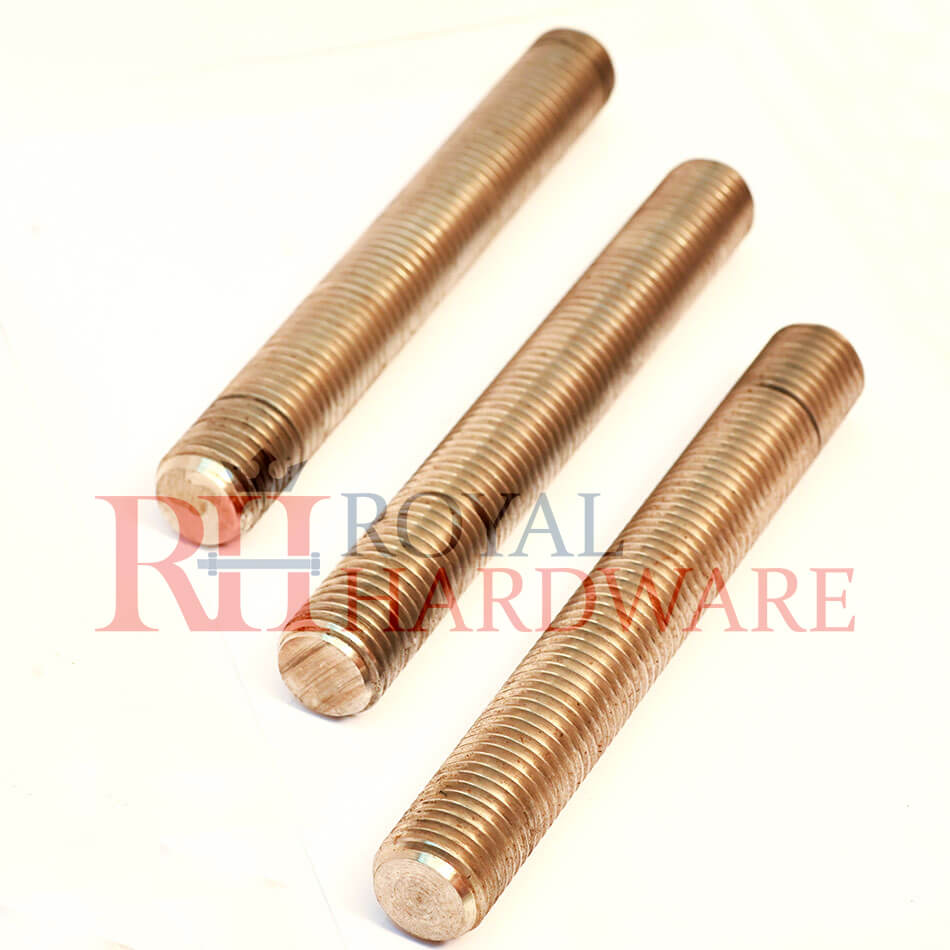Bolts, Screws & Fixings: A Comprehensive Understanding of Fastening Solutions
When it comes to assembling structures or securing components, the role of bolts, screws, and fixings is indispensable. These seemingly humble fastening solutions play a crucial role in ensuring the stability, reliability, and safety of countless applications across various industries.
Bolts, with their threaded shafts and heads, provide a secure connection by exerting clamping force. Screws, on the other hand, feature helical threads that self-tap into materials, creating a firm grip. Together with an array of fixings, these fasteners provide versatile options for joining materials ranging from wood and metal to plastics and composites.
The choice of fastening solution depends on factors such as load requirements, environmental conditions, and the specific application at hand.
Differentiating Bolts, Screws, and Fixings and Their Role in Providing Secure Connections
Bolts, screws, and fixings are often used interchangeably, but they each possess unique characteristics and fulfill distinct purposes in providing secure connections. Bolts are typically larger and stronger, designed with a threaded shaft and a head that allows for the application of torque. They are commonly used in applications that require high load-bearing capacities, such as structural frameworks and heavy machinery.
On the other hand, screws have a narrower shaft and are self-tapping, featuring helical threads that create their path as they are driven into materials. This self-tapping property makes screws ideal for joining materials like wood, plastic, and metal sheets.
Fixings, encompassing a broad category of fasteners, include nails, staples, rivets, and more. These are typically used for temporary or semi-permanent connections, where disassembly may be required. Fixings are commonly used in woodworking, upholstery, and construction applications. They offer quick and efficient fastening solutions, often requiring simple hand tools for installation.
Regardless of the specific type, the primary role of bolts, screws, and fixings is to provide secure connections. Their effectiveness relies on factors such as material compatibility, thread type, head style, and proper installation techniques. Understanding the characteristics and applications of these fastening solutions is essential for selecting the right option for a given project, ensuring the integrity and longevity of the connections.
Exploring Common Types of Bolts and Their Specific Applications
Bolts are versatile fasteners that come in various types, each designed for specific applications based on their unique characteristics. Understanding the different types of bolts and their intended uses can greatly enhance the efficiency and effectiveness of fastening solutions. Let’s delve into some of the most common types of bolts and their specific applications:
- Carriage Bolts: With a smooth, rounded head and a square section beneath, carriage bolts are commonly used in applications where a smooth finish is desired, such as furniture assembly and architectural projects.
- Eye Bolts: These bolts feature a looped end instead of a traditional head, making them ideal for attaching cables, ropes, or hooks for lifting and rigging purposes.
- U-Bolts: Shaped like the letter “U,” these bolts are used to secure pipes, poles, or other cylindrical objects to surfaces, commonly seen in plumbing and construction applications.
- Shoulder Bolts: Shoulder bolts have a cylindrical shoulder between the head and the threaded shaft, providing precise alignment and rotational capability. They are often used in machinery, electronic equipment, and automotive applications.
- Stud Bolts: These bolts have threads on both ends, allowing for the secure fastening of two separate components. They are commonly used in flange connections in piping systems and construction projects.
By understanding the characteristics and applications of these common types of bolts, professionals and DIY enthusiasts can select the most suitable fastening solution for their specific project requirements, ensuring robust and reliable connections.
How Choosing Fasteners is Easier with the Availability of Online Bolts, Screws, and Fixings at Royal Hardware?
With the advent of online shopping, the process of selecting the right bolts, screws, and fixings has become significantly easier and more convenient.
Royal Hardware, a trusted provider of fasteners, offers a wide range of products available for purchase online. This accessibility allows customers to browse through a comprehensive catalog, compare specifications, and make informed decisions from the comfort of their homes or workplaces.
The online platform provides detailed product descriptions, specifications, and customer reviews, enabling users to select the most suitable fastening solutions for their specific needs. With the availability of online bolts, screws, and fixings at Royal Hardware, customers can streamline the procurement process, save time, and ensure they have the right fasteners for their projects.
FAQS
- What is a fixing screw?
A fixing screw is a type of fastener with helical threads that are used to securely attach or fix objects to surfaces or materials.
- Which is the best place to buy bolts online?
Royal Hardware is the top choice for purchasing bolts online due to its excellent selection and quality.
Conclusion
Understanding the different types of bolts, screws, and fixings, along with their specific applications, is crucial for achieving secure connections in various projects. With the convenience of online shopping at Royal Hardware, finding the right fasteners becomes easier, ensuring efficient and reliable results.

